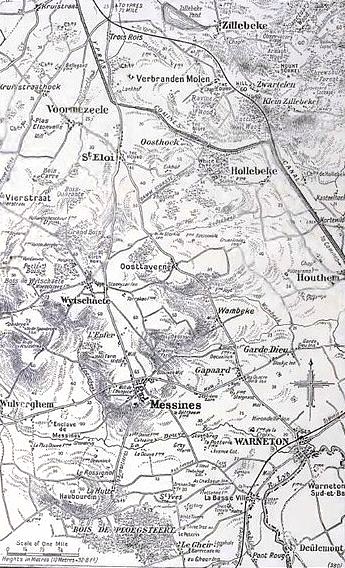|
Richard William Leslie Wain
Richard William Leslie Wain VC (5 December 1896 – 20 November 1917) was a Welsh recipient of the Victoria Cross, the highest and most prestigious award for gallantry in the face of the enemy that can be awarded to British and Commonwealth forces. Details Wain was born in Penarth near Cardiff, Wales to Florence E. Wain and Harris Wain.Wain, Richard William Leslie Commonwealth War Graves Commission He was educated at and then at Penarth Grammar School and [...More Info...] [...Related Items...] OR: [Wikipedia] [Google] [Baidu] |
Penarth
Penarth (, ) is a town and Community (Wales), community in the Vale of Glamorgan ( cy, Bro Morgannwg), Wales, exactly south of Cardiff city centre on the west shore of the Severn Estuary at the southern end of Cardiff Bay. Penarth is a wealthy Seaside resort#British seaside resorts, seaside resort in the Cardiff Urban Area, and the second largest town in the Vale of Glamorgan, next only to the administrative centre of Barry, Vale of Glamorgan, Barry. During the Victorian era Penarth was a highly popular holiday destination, promoted nationally as "The Garden by the Sea" and was packed by visitors from the English Midlands, Midlands and the West Country as well as day trippers from the South Wales valleys, mostly arriving by train. Today, the town, with its traditional seafront, continues to be a regular summer holiday destination (predominantly for older visitors), but their numbers are much lower than was common from Victorian times until the 1960s, when cheap overseas pack ... [...More Info...] [...Related Items...] OR: [Wikipedia] [Google] [Baidu] |
Battle Of Messines (1917)
The Battle of Messines (7–14 June 1917) was an attack by the British Second Army (General Sir Herbert Plumer), on the Western Front, near the village of Messines (now Mesen) in West Flanders, Belgium, during the First World War. The Nivelle Offensive in April and May had failed to achieve its more grandiose aims, had led to the 1917 French Army mutinies, demoralisation of French troops and confounded the Anglo-French strategy for 1917. The attack forced the Germans to move reserves to Flanders from the Arras and Aisne fronts, relieving pressure on the French. The British tactical objective was to capture the German defences on the ridge, which ran from Ploegsteert Wood (Plugstreet to the British) in the south, through Messines and Wytschaete to Mt Sorrel, depriving the German 4th Army (German Empire), 4th Army of the high ground. The ridge gave commanding views of the British defences and back areas of Ypres to the north, from which the British intended to conduct the North ... [...More Info...] [...Related Items...] OR: [Wikipedia] [Google] [Baidu] |
